Food Addiction Treatment
For many people, food is just as addictive as drugs or alcohol. If you suffer from an eating disorder, you may get pleasure and satisfaction from palatable foods that are rich in fat, sugar, or salt. These foods trigger chemical reactions in your brain that activate the same reward center and pleasurable feelings as drugs or alcohol, making them addictive. But an experienced food addiction psychologist can help you navigate the urges.
Treatment for Eating Disorders
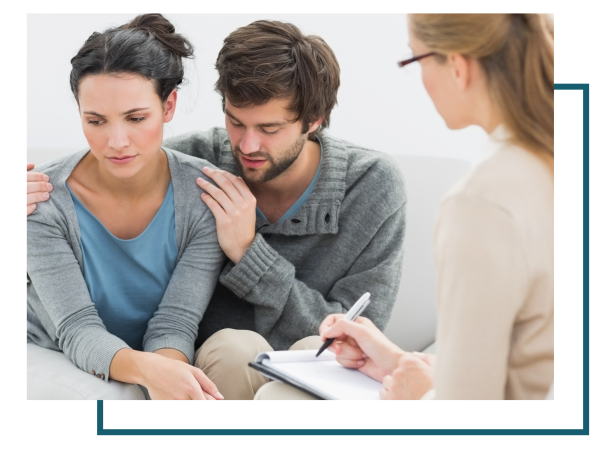
Gorging on foods that induce pleasurable feelings often leads to overindulging far beyond what your body needs for normal, healthy nutrition. This eating disorder can lead to dire consequences such as digestive problems, heart disease, obesity, low self-esteem, depression, anxiety, and social isolation. With so many detrimental consequences, it is critical that you seek professional food addiction treatment. You can achieve peace from a food addiction by seeing an eating disorder psychologist.
Dr. Cassidy Blair, a food addiction psychologist in Los Angeles, can provide treatment for food addiction and other eating disorders. She has devoted her professional life to helping women and men of all ages overcome addiction and the negative consequences that come with it. She provides food addiction counseling to help treat common eating disorders that include but are not limited to the following.
Anorexia nervosa
Anorexia nervosa is a possibly life-threatening eating disorder characterized by extremely low body weight and low BMI (body mass index), extreme and unnecessary weight loss, unreasonable fear of weight gain, and a distorted perception of one’s own body. Anorexic individuals fixate on staying thin and pursuing abnormal eating patterns such as starving themselves. Anorexia nervosa also has the highest mortality rate of any mental illness, yet nearly two-thirds of sufferers never seek treatment. If you are seeking treatment for anorexia in Beverly Hills or the surrounding areas, Dr. Blair can help.

Other Services
-
Alcohol AddictionAlcohol Addiction
-
Drug and Substance AbuseDrug and Substance Abuse
-
Food AddictionFood Addiction
-
Pornography AddictionPornography Addiction
-
Sex AddictionSex Addiction
-
Social Media AddictionSocial Media Addiction
Office Hours
Mon - Fri :
7 am - 11 pm
Sat - Sun :
9 am - 10 pm
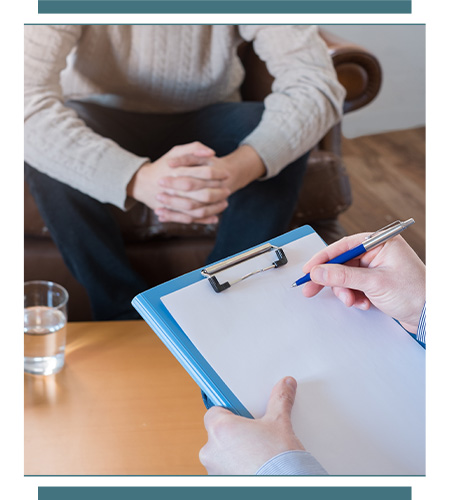
Bulimia nervosa
Bulimia nervosa, also known as binge eating disorder, is a life-threatening psychological eating disorder characterized by consuming abnormally large amounts of food in a short time period, followed by an attempt to avoid gaining weight by purging. Purging methods include forced vomiting, overuse of laxatives, and extreme periods of exercise. Since bulimic individuals binge and purge in secret, they can often hide their disorder from others for extended periods of time. Only about 40% of bulimia nervosa sufferers ever seek help from doctors and psychologist that treat bulimia.
Binge eating disorder
This is compulsive overeating of abnormal amounts of food while feeling unable to stop. Binge eating episodes occur a minimum of twice per week for six months. It often leads to unwanted weight gain or obesity, which can indirectly reinforce more compulsive eating. People who have a binge eating disorder often struggle with feelings of self-loathing, guilt, depression or anxiety.
Blair Wellness Group offers food addiction therapy to help you overcome your eating disorders. Reach out today to learn more about what our food addiction specialists can do for you.
Get Started Today
Looking for a Local Psychologist?
Our Psychologists and Therapists in Los Angeles, Beverly Hills, Irvine, Newport Beach, and the surrounding areas offer evening and weekend appointments for our Concierge patients. Contact us today to discover how Blair Wellness Group can help you overcome personal or professional challenges and mental health disorders, such as depression, anxiety, relationship challenges, addiction issues, and personality disorders.
Our Core Values
Discover effective solutions for addiction at Blair Wellness Group today. Call us at 310.999.4996 to schedule an appointment. We welcome patients from Beverly Hills, Los Angeles, Irvine, Newport Beach, and the surrounding areas.

Reliable
At Blair Wellness Group, we are here to meet your clinical needs at any time.
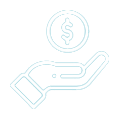
Dedicated Support
Our team provides the compassionate care, support, and necessary interventions needed for our clients to achieve their goals and clinical objectives.

Experience
With 15+ years of clinical experience in providing an array of psychological services, we are committed to helping our patients achieve their goals.
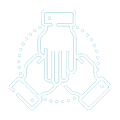
Professional Team Support
We are dedicated to the well-being of our clients and have the extensive training to provide them with high-quality care.
Other Services
-
Alcohol AddictionAlcohol Addiction
-
Drug and Substance AbuseDrug and Substance Abuse
-
Food AddictionFood Addiction
-
Pornography AddictionPornography Addiction
-
Sex AddictionSex Addiction
-
Social Media AddictionSocial Media Addiction

Office Hours
Mon - Fri :
7 am - 11 pm
Sat - Sun :
9 am - 10 pm
Get Started Today
Looking for a Local Psychologist?
Our Psychologists and Therapists in Los Angeles, Beverly Hills, Irvine, Newport Beach, and the surrounding areas offer evening and weekend appointments for our Concierge patients. Contact us today to discover how Blair Wellness Group can help you overcome personal or professional challenges and mental health disorders, such as depression, anxiety, relationship challenges, addiction issues, and personality disorders.
Dr. Cassidy Blair is a renowned Licensed Clinical Psychologist and trusted Performance Coach who specializes in providing Concierge-Psychological Care and Executive Coaching for high-achieving professionals. With a deep understanding of the unique challenges faced by CEOs, executives, entrepreneurs, and leaders, Dr. Blair offers tailored, confidential care designed to foster emotional well-being, personal growth, and professional excellence. Her clientele values her discretion, clinical expertise, and emotionally intelligent approach to navigating complex personal and professional dynamics.
- This author does not have any more posts.






